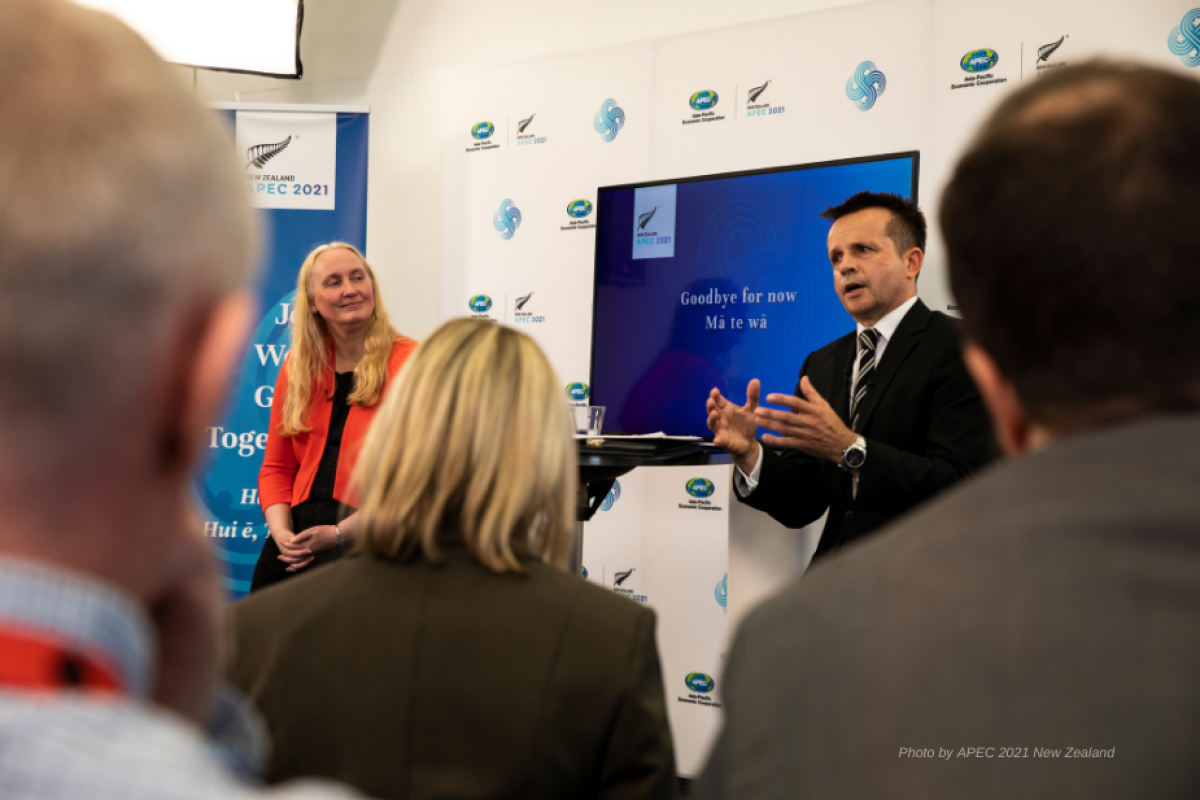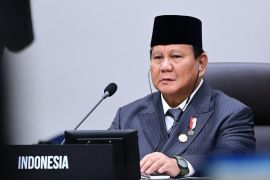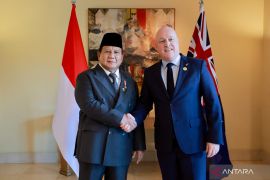The two-day Senior Officials’ Meeting comes in close heels to a comprehensive discussion on how APEC will carry forward the commitments made by leaders in 2020 and the development of a 20-year implementation plan by taking into account the challenges and risks posed by the pandemic, according to a written statement issued by the APEC Secretariat and received here on Friday.
"We are facing quite a serious challenge this year, driven in part by the health catastrophe that we all face across our region. However, serious economic challenges now also confront our economies as we look to find a way through this crisis," Vangelis Vitalis, chair of the APEC 2021 Senior Officials, affirmed.
In the wake of wider risk of inequality and rising protectionism against a backdrop of looming uncertainty, Vitalis highlighted the significance of capturing and featuring all the challenges, as senior officials deliberate on policy measures and make concerted regional efforts to drive recovery.
"There is rising protectionism across the world, which challenges us all to re-think the fundamentals of regional economic integration. On top of that, the social licence for trade policy and for economic integration is increasingly under strain, as we witness the unequal impact of COVID-19 on women, small businesses, and indigenous people," Vitalis stressed.
"As a region, we need to work together to ensure APEC effectively responds, not just to the immediate crisis but also to the longer-term need to build a sustainable and resilient regional economy that benefits everyone," he added.
During the dialog, APEC senior officials will seek to realize the need for APEC to become more sustainable and inclusive for all people, including for women and indigenous people. The focus will be to support their full participation in the region’s economy, so it can help to drive new thinking and unlock novel ways to address the global pandemic.
Officials will also hold discussions on measures to respond to the pandemic through economic and trade policies that strengthen the recovery year. This comprises policies that encourage openness and connectivity as well as lessen friction at the border, with the objective of reducing barriers and making it easier for companies to trade throughout the APEC region, especially on COVID-19 essential goods.
Advancing digital inclusion, infrastructure, and green technology will also be a key focus for APEC this year. This encompasses promoting digitally-enabled business and trade, striving for regulatory coherence, and resolving issues pertaining to data and digital trade tools.
"APEC, as a regional forum, needs to seize the moment and rise to the occasion by putting together a concrete response that will benefit all," APEC Secretariat’s Executive Director, Rebecca Sta Maria, noted.
"We want to see the policy that continues to make trade and investment across markets easier, cheaper, faster, and more sustainable to avoid undermining the significant progress that has been achieved in the region in these areas," Sta Maria remarked.
Vitalis concurred by highlighting the importance of APEC economies working in unison to end subsidies on fossil fuels and reducing tariffs on environmental goods and exploring similar work in services.
"APEC needs to show leadership in this area, as is expected from the world’s most dynamic regional economy," he remarked.
"The trade policy should be inclusive, beneficial for all, and be an enabler of solutions to some of the most pressing sustainability issues we all face. Identifying environmental goods and services and addressing barriers to their uptake, for instance, can contribute to our collective climate change mitigation efforts," he explained.
This year will hold significance for APEC and New Zealand. With the APEC Putrajaya Vision 2040 agreed upon by leaders last year, member economies are mandated to formulate a detailed plan of action to realize the new vision that will expand on the three economic drivers of growth: trade and investment; innovation and digitalization; and strong, balanced, secure, sustainable and inclusive growth.
"The key is for APEC to not only be responsive to the immediate crisis but also relevant to the challenges we are all going to confront over the next 20 years," Vitalis expounded.
"We are looking to work together with all APEC member economies to develop this implementation plan in the spirit of what the Putrajaya Vision talks about in terms of equal partnership. Large or small, we were all equal in this important process," he stated.
Sumber: Reuters
Related news: Asia-Pacific businesses press for unified action to battle pandemic
Related news: APEC sees softer contraction in 2020, uneven recovery in 2021-2022
EDITED BY INE
Reporter: Yuni Arisandy Sinaga
Editor: Suharto
Copyright © ANTARA 2021











